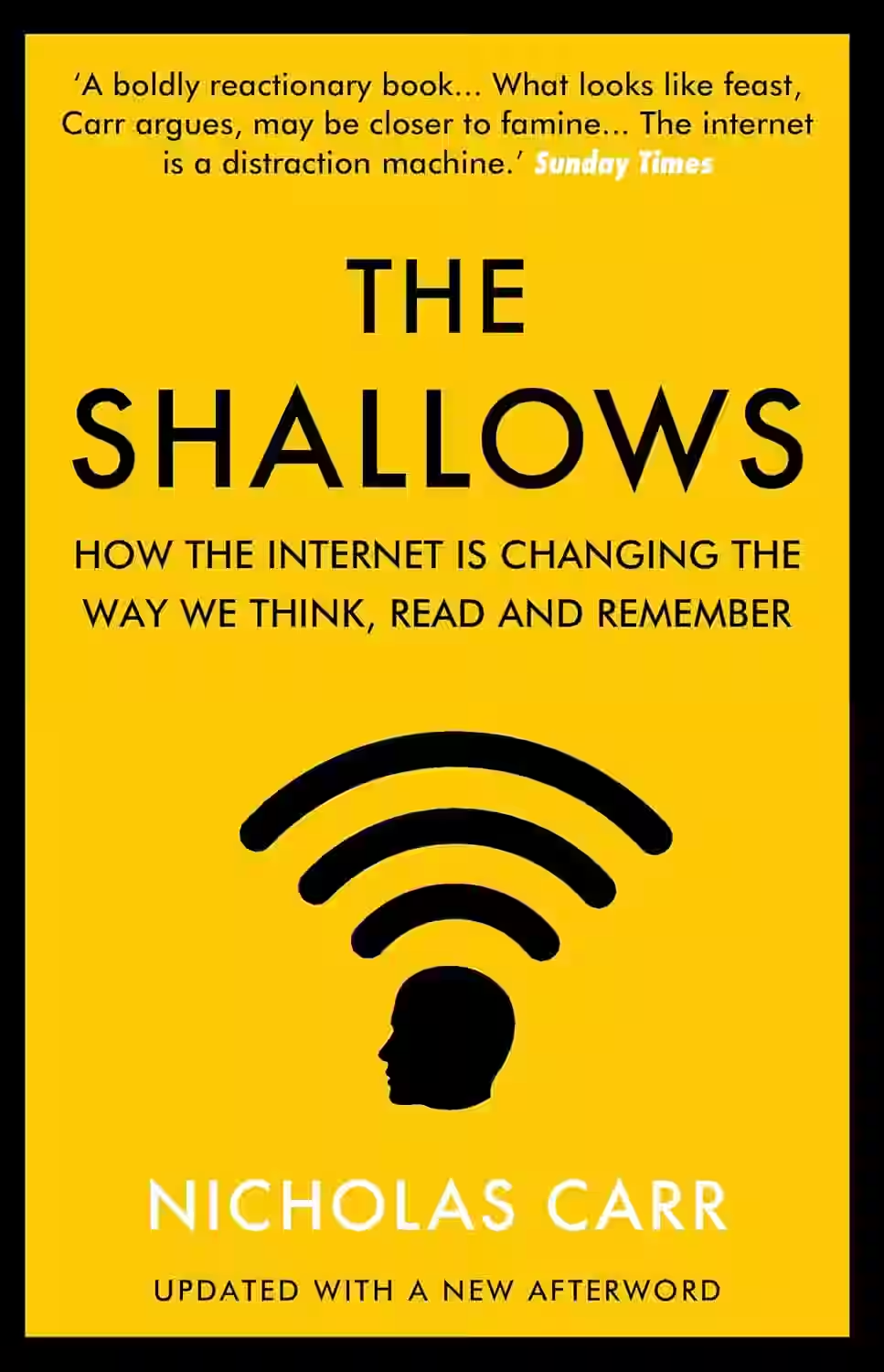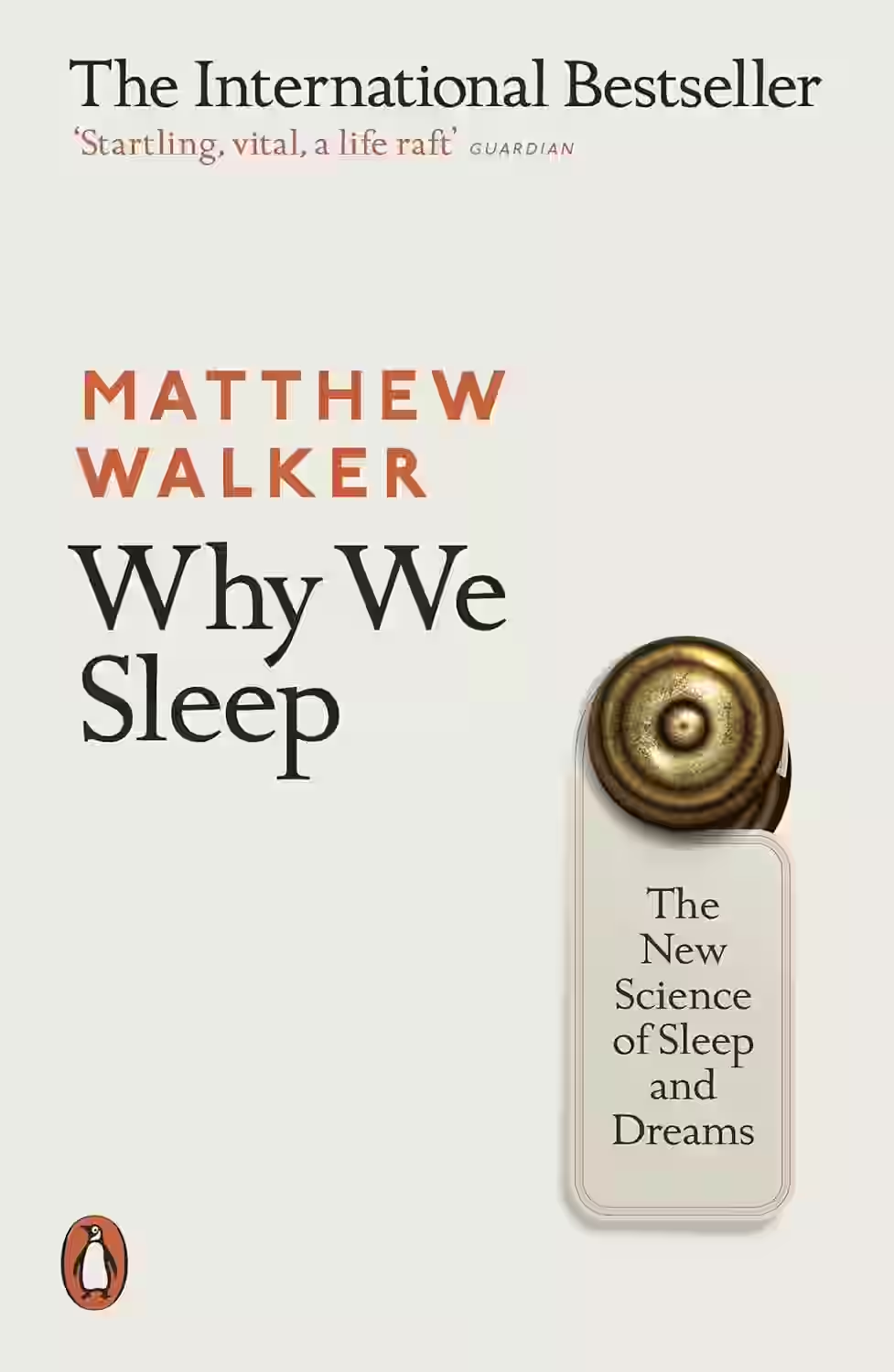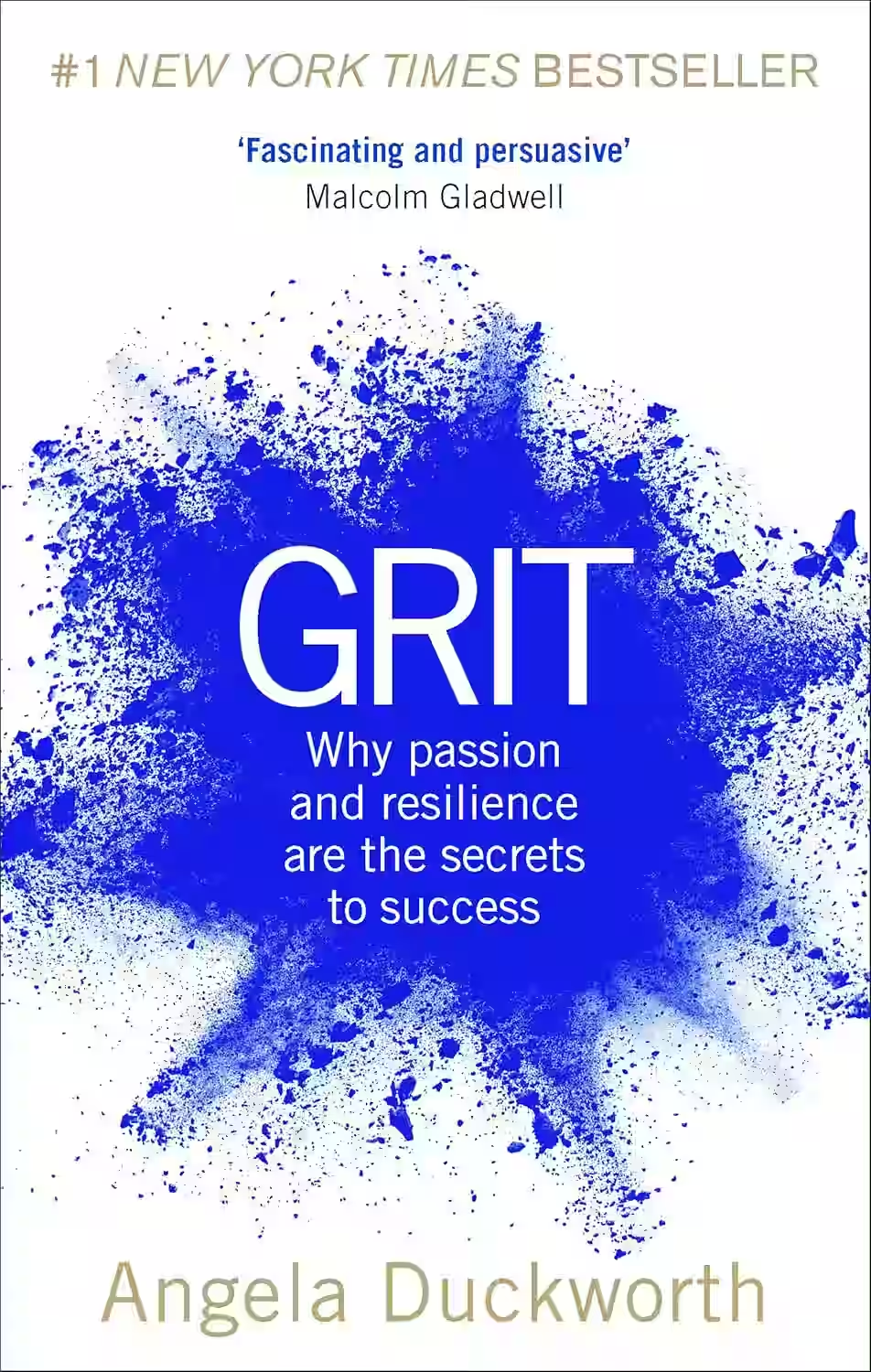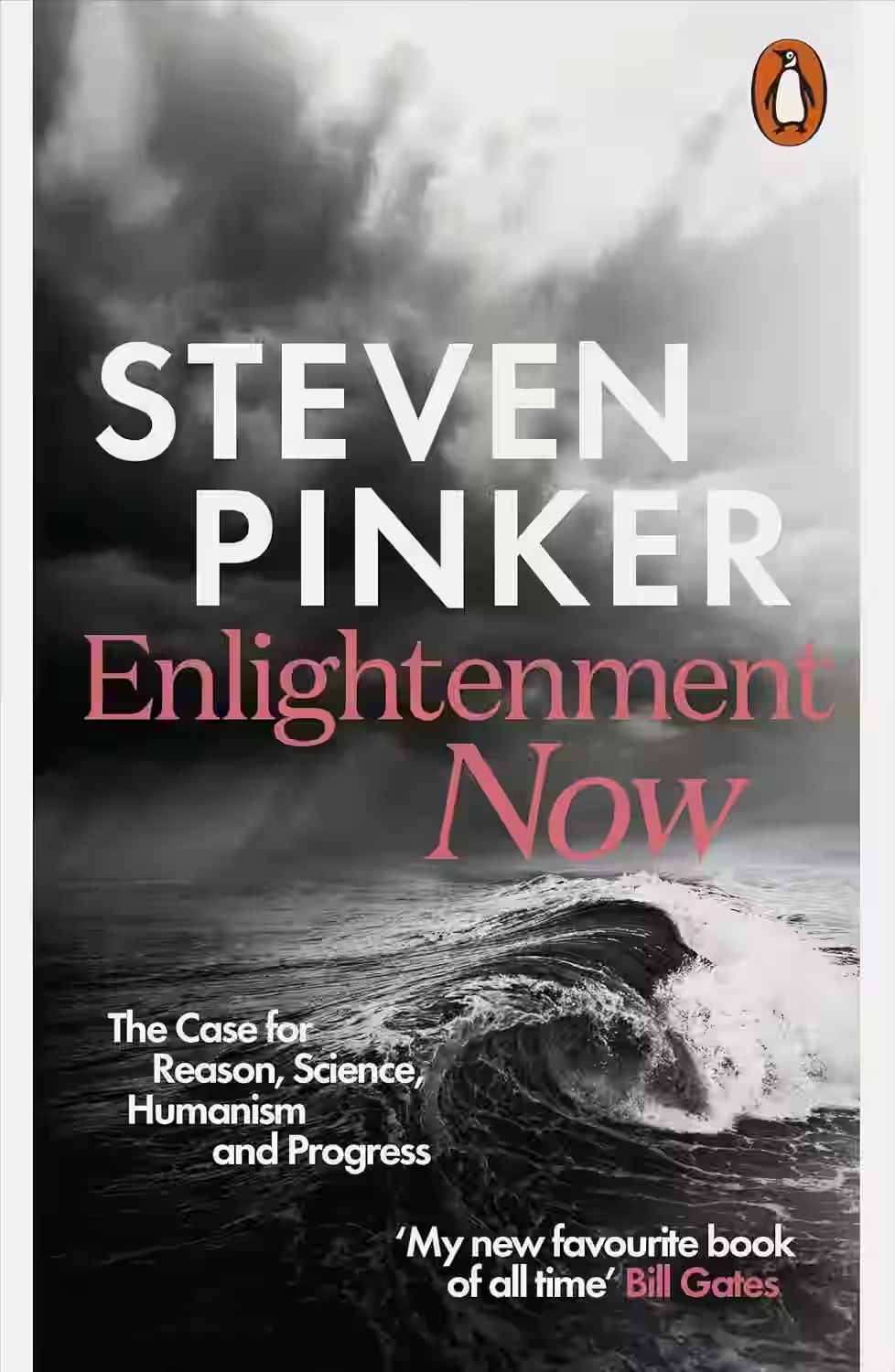
In 'The Shallows,' Nicholas Carr explores the profound impact of the internet on our brains and cognition. Carr argues that our constant immersion in digital technology is altering the way we think, read, and remember, leading to a shallower and more distracted existence. Drawing on neuroscience, psychology, and technology history, he delves into how the internet's constant distractions are rewiring our brains and affecting our ability to concentrate and contemplate deeply. This thought-provoking book challenges readers to reconsider their relationship with technology and how it shapes their intellectual lives.
About Nicholas Carr
Nicholas Carr is an American writer known for his insightful exploration of technology's impact on society and the human mind. With a background in journalism and technology, Carr's works often dissect the ways in which the internet and digital tools shape our behaviors and cognitive processes. His book 'The Shallows: What the Internet Is Doing to Our Brains' garnered widespread acclaim for its examination of how constant connectivity is altering our ability to concentrate deeply. Carr's thought-provoking ideas have sparked discussions about the consequences of our increasingly digital world, making him a prominent voice in the realm of literature and technology.
Similar Books

Why We Sleep
In Why We Sleep, neuroscientist Matthew Walker provides a compelling look at the critical role sleep plays in our health and well-being. Backed by cutting-edge science, he explains how sleep affects memory, creativity, immune function, emotional stability, and longevity. Walker also examines the consequences of chronic sleep deprivation and offers practical tips for improving sleep hygiene. Written in accessible language, the book demystifies sleep’s biological purpose and underscores its importance as a pillar of mental and physical health. A wake-up call for modern society, Why We Sleep champions rest as essential, not optional, for a thriving life.

Grit
In Grit, psychologist Angela Duckworth explores why talent alone doesn’t predict success—grit does. Based on her research, Duckworth argues that sustained passion and persistent effort matter more than innate ability. She shares stories of high achievers from diverse fields, showing how resilience, long-term focus, and consistent hard work lead to exceptional outcomes. The book combines personal anecdotes, scientific studies, and practical strategies to help readers develop grit in their own lives. Duckworth’s insights challenge the myth of overnight success and inspire readers to pursue their goals with tenacity, regardless of obstacles or setbacks.

The Sleep Revolution
In The Sleep Revolution, Arianna Huffington calls for a cultural shift in how we value rest. Drawing on scientific research and personal experience, she explores the link between sleep and every major aspect of our lives—from health and productivity to decision-making and emotional well-being. Huffington examines the consequences of sleep deprivation and the historical, societal, and technological factors contributing to the epidemic of sleeplessness. With practical advice and compelling insights, the book urges readers to reclaim rest as a vital pillar of success and happiness, redefining sleep not as a luxury, but as a biological necessity.

Enlightenment Now
In Enlightenment Now, Steven Pinker defends the values of reason, science, humanism, and progress as the driving forces behind global improvements in health, wealth, safety, and freedom. Using data and visualizations, he argues that despite the doom-and-gloom narratives of modern media, the world is improving across nearly every measurable domain. Pinker traces these advances to Enlightenment principles, advocating for their continued relevance in addressing today’s challenges. Though some critics view his optimism as overly confident, the book offers a powerful counterpoint to cynicism and a celebration of humanity’s capacity to solve problems through knowledge and cooperation.